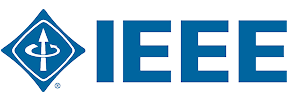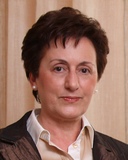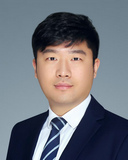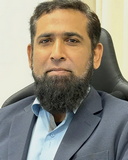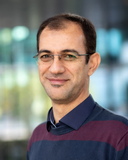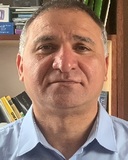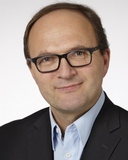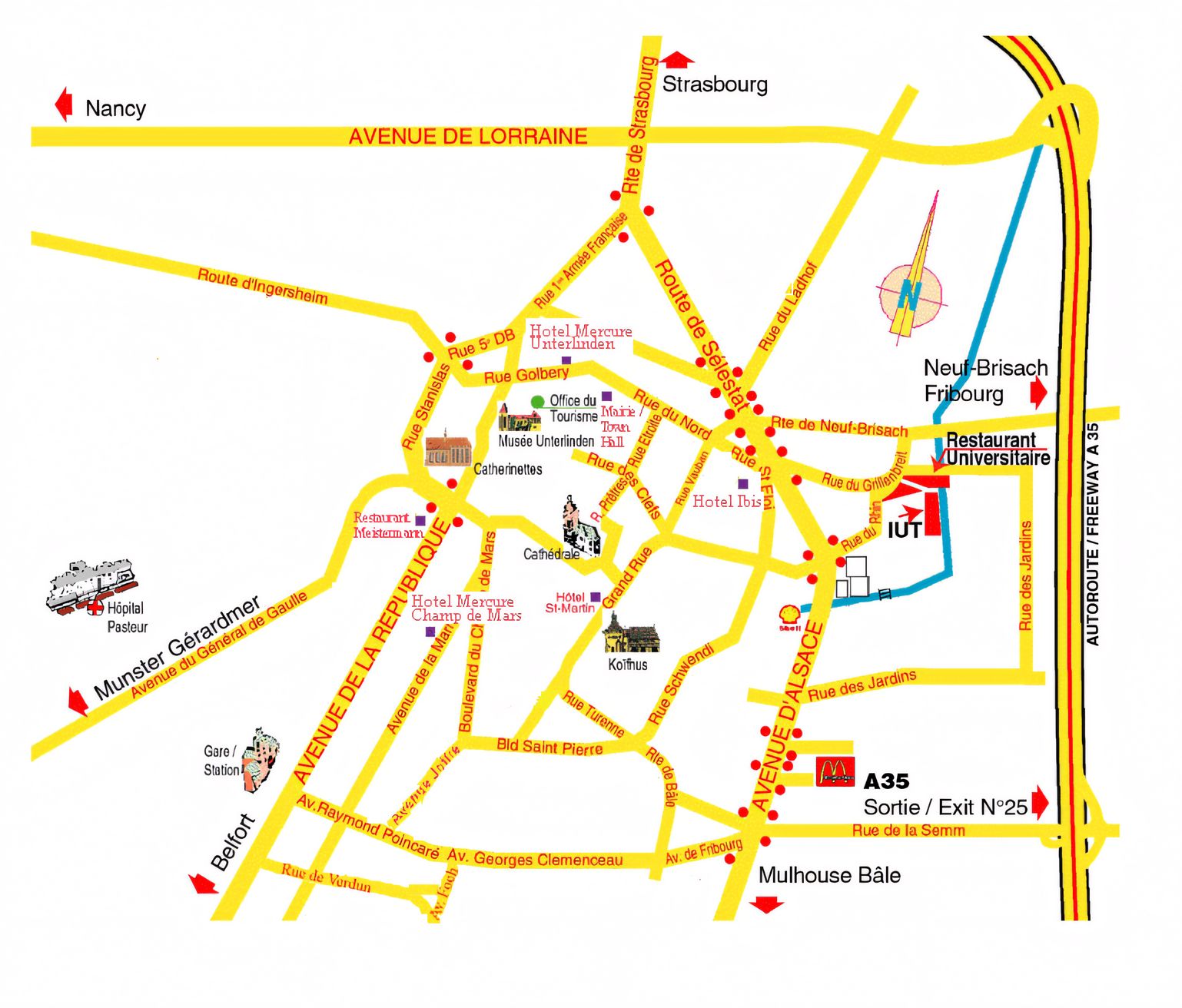CITS 2025 Conference Registration
CITS 2025 will be held as a hybrid conference in the period July 16-18, 2025, Colmar, France. Those authors who will not be allowed to travel abroad by strict national rules in force at the time of the conference or have other serious reasons accepted by the organizers will be given an opportunity to present their accepted work remotely.
Authors can only register with two payment options: credit card and bank wire (through EDAS). Registration covers: Access to all technical sessions, keynote speeches, e-program, e-proceedings, and coffee breaks.
Please read CANCELLATION POLICY first before you pay for the registration.
| CITS 2025 Registration (IN PERSON Author/Delegate) |
IEEE Member2 |
Non-member2 |
|---|
| Author Registration (for Student or Non-Student until June 25th, 20251) |
€590 |
€690 |
| No-paper Early Registration (until June 25th, 20251) |
€590 |
€690 |
| No-paper Late (from June 26th, 20251)/On Site Registration |
€690 |
€790 |
| No-paper Student Registration (from June 26th, 20251) |
€250 |
€250 |
| Extra Page Charge (for each page beyond 8 pages/paper) |
€60 |
€60 |
FOR AUTHORS:
All attendees at CITS 2025 should make the registration. To be published in the CITS 2025 Conference Proceedings and to be eligible for publication in IEEE Xplore, at least one author of an accepted paper is required to register for the conference at the FULL registration rate.
One FULL REGISTRATION allows the author to upload ONE paper (up to 8 pages) and the Non-refundable registration fees must be paid by June 26th, 2025.
CANCELLATION POLICY:
- For Author Refunds: Authors who have registered their accepted paper are not eligible for refund if decided to withdraw their paper.
- For Non-authors, from June 26th, 2025 onwards, there will be No Refund for cancellation.
1 Until/from 12am (midnight) EDT
2 IEEE members must keep updated their society memberships in EDAS.
How to register for CITS 2025
- Go to the CITS 2025 Registration at EDAS (sign in or, if you do not have an EDAS account, sign up)
- Members of IEEE must keep updated their society membership in EDAS (check the "update your society memberships" link) in order to register with reduced charges
- Click "Icon" of Payment by Credit Cards or Bank Wire
- Enter necessary card details as well as VAT numbers or other details for your invoice; then click the button of "PAY"
- For Bank Wire, it takes a while for the EDAS system to update your payment status (Important Reminder: please pay "All Bank's Charges If Any Are To Be Born" by yourself!)
- After successful payment (via credit card or bank wire), the official receipt will be available to be downloaded from EDAS. We don’t offer the manual/customized receipt.
- Any problem occurs in EDAS, please Click "Request help" (on the bottom line of the page) and EDAS staff will reply to you ASAP.
